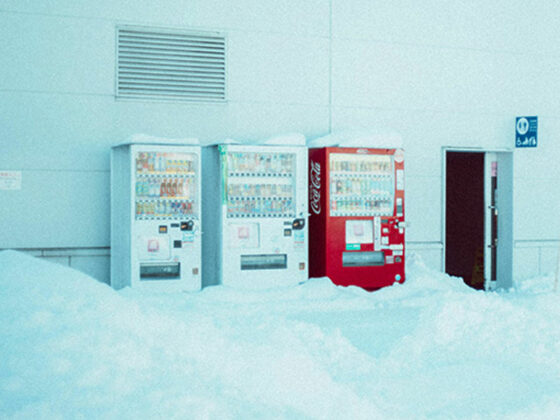A growing fascination around the world with celestial events such as solar eclipses, comets, meteor showers and the Northern Lights is illuminating new possibilities for the hospitality industry. As travelers increasingly seek out escapes to Dark Sky Places that help to protect nocturnal environments, hotels and hospitality venues have a unique opportunity to leverage the latest telescope innovations and offer truly extraordinary experiences to guests on the astro-tourism trail.
In 2023, the International Dark Sky Association welcomed 20 new International Dark Sky Parks worldwide, reflecting an increasing demand for locations that are ideal for observing celestial events. This interest extends beyond seasoned astronomy enthusiasts. Today’s astro-tourists come from all walks of life, driven by a collective desire to reconnect with the natural world and experience the infinite beauty of the cosmos, away from urban light pollution.
The solar eclipse of 2017 captivated over 216 million viewers, and the allure of cosmic phenomena looks set to continue into 2025. According to a recent survey by Booking.com, 62% of travelers are considering visiting darker sky destinations with star-bathing experiences (72%), star guides (59%), once-in-a-lifetime cosmic events (59%) and constellation tracking (57%) topping the stellar adventure list.
While the world offers an abundance of remarkable dark sky locations, some of the most spectacular are found in the United States. These include Big Bend National Park in Texas, renowned for its expansive night skies; Cherry Springs State Park in the northern Appalachians, from which it’s possible to witness meteor showers and the Andromeda Galaxy; and Great Basin National Park in Nevada where the dark skies allow visitors to witness awe-inspiring views of the Milky Way and planets.
Crafting Cosmic Encounters
Travelers can increasingly choose from a variety of celestial experiences. Many national parks offer guided night hikes and stargazing programs led by knowledgeable park rangers. Specialized trips are organized to coincide with solar eclipses and might include festivals and lectures with safe viewing opportunities through telescopes and solar glasses. In the northern states, like Alaska, astro-tourists chase the aurora borealis, often paired with activities like dog sledding or winter photography.
Whether catering for seasoned stargazers or simply accommodating the desire of guests to seek deeper connections with nature and the universe, hoteliers and resort operators are well-positioned to offer unforgettable, educational and exciting astro-themed experiences.
Those situated in remote or rural areas clearly have the advantage of pristine nighttime skies and unobstructed views of the cosmos. Dedicated stargazing platforms or rooftop observatories equipped with high-quality telescopes can transform any guest into a cosmic explorer. Offering telescopes with automated tracking systems can make stargazing effortless even to novices, allowing them to locate and observe celestial objects in a matter of minutes.
Hotels might organize guided stargazing sessions led by local astronomers or trained staff. Some are already offering personalized experiences, renting telescopes to guests for private use or as part of astrophotography workshops where they learn to capture images of the night sky.
There are myriad major astronomical occurrences such as lunar eclipses, supermoons, or annual meteor showers like the Perseids, that could be included in themed packages, including accommodation, meals, and guided stargazing tours, to add value and attract astronomy enthusiasts. Some hotels may collaborate with space organizations or universities to host educational programs or talks on space exploration and science.








